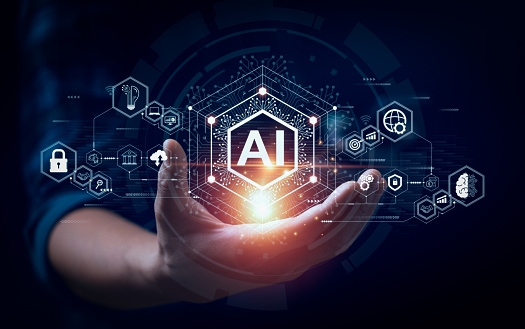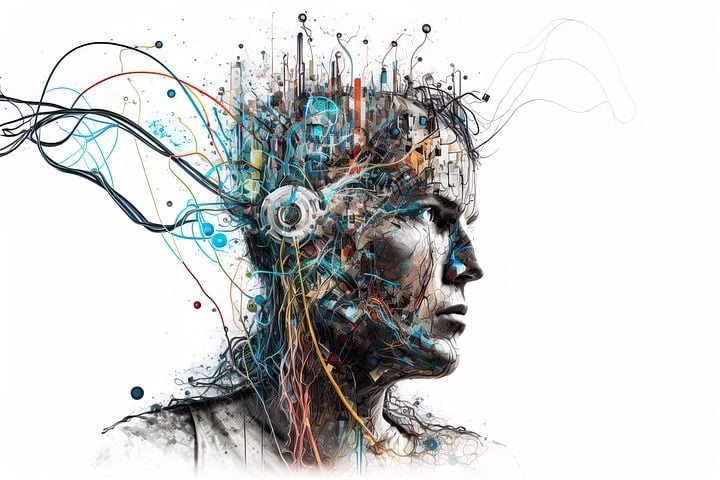The Future of Sustainability: How AI and Technology Are Reshaping India’s Agriculture
Introduction: The Need for Change
India, home to over 1.4 billion people, relies heavily on agriculture, which employs 42% of the workforce. Yet, the industry faces challenges like climate change, soil degradation, and inefficient farming methods. The future demands innovative solutions, and Artificial Intelligence (AI) is the game-changer that can lead India toward sustainable agriculture.
Section 1: The Role of AI in Indian Agriculture
AI has transformed agriculture globally, and in India, its impact is undeniable.
1. Precision Farming: With AI-powered tools, farmers can analyze soil health, predict weather patterns, and optimize irrigation.
2. Smart Crop Monitoring: Drones equipped with AI provide real-time insights into crop health, enabling early detection of diseases and pests.
3. Market Trends and Forecasts: AI-based apps help farmers predict demand, adjust pricing, and connect with buyers seamlessly.
Section 2: Success Stories: AI Empowering Indian Farmers
- Karnataka's Water Crisis Solution: AI analyzed groundwater levels, helping farmers save water and boost crop yields.
- Punjab’s Smart Soil Project: AI-based tools improved soil health management, increasing crop productivity by 25%.
Section 3: Challenges and Solutions in Implementing AI
Challenges:
- Lack of awareness among small-scale farmers.
- High initial investment for AI tools.
- Limited internet connectivity in rural areas.
Solutions:
- Government Initiatives: Subsidies and training programs.
- Public-Private Partnerships: Collaborations with tech giants like Microsoft and IBM.
- Localized Solutions: Apps in regional languages to improve accessibility.
AI adoption challenges in India and solutions for sustainable farming in India.
Section 4: How to Bring AI to Every Indian Farm
1. Affordable AI Solutions: Develop cost-effective tools tailored for small-scale farmers.
2. Education and Training: Conduct workshops to familiarize farmers with new technologies.
3. Collaborations: Engage startups and agricultural organizations to create user-friendly platforms.
Conclusion: A Greener, Smarter Future
The integration of AI in Indian agriculture isn’t just a possibility—it’s a necessity. By leveraging cutting-edge technology, India can secure food security, boost the economy, and lead the world in sustainable farming.
Let’s shape a future where every farmer has the tools to thrive. Together, we can turn innovation into action.
Call to Action
🌟 Are you ready to embrace the future of farming? Share your thoughts in the comments below!
Keywords:
- AI in Indian agriculture
- Smart farming solutions
- Sustainable farming in India
- Agricultural innovation in India
- Future of Indian agriculture


























